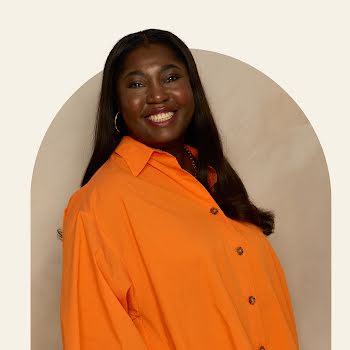
By IMAGE
21st Nov 2014
21st Nov 2014
Mental Health in the Workplace
In a new study’s rather disappointing outcome, it’s been concluded that high flying women in positions of power show far greater symptoms of poor mental health when compared with women in less stressful roles. Conversely, the same study shows that their male counterpart rather relish the opportunity to make the big decisions and influence staff pay packets. Where a lot of men’s sense of self increases the higher up the ladder they move, the opposite seems to be true of women.
For the study, the researchers followed the experience of 2,800 middle-aged men and women who, very interestingly, were part of a sample of people who have been studied since they graduated from high school back in 1957.
Reported by The Daily Mail, they explored the effect of job authority in 1993 (at age 54) on the change in depressive symptoms between then and 2004 (age 65).
As explained by the study’s lead researcher Tetvana Pudrovska, ‘women with job authority – the ability to hire, fire and influence pay – have significantly more symptoms of depression than women without this power.’

But why is this so?
?Years of social science research suggests that women in authority positions deal with interpersonal tension, negative social interactions, negative stereotypes, prejudice, social isolation, as well as resistance from subordinates, colleagues and superiors.’
?Women in authority positions are viewed as lacking the assertiveness and confidence of strong leaders.
?But when these women display such characteristics, they are judged negatively for being unfeminine. This contributes to chronic stress.?
So basically, what you’re saying is… we can’t win?
?What’s striking is that women with job authority in our study are advantaged in terms of most characteristics that are strong predictors of positive mental health… These women have more education, higher incomes, more prestigious occupations, and higher levels of job satisfaction and autonomy than women without job authority.??Yet they have worse mental health than lower-status women.?
Sadly confirming what’s long been the case, Tetvana maps out why it’s always been different for men.??Men in positions of authority are consistent with the expected status beliefs, and male leadership is accepted as normative and legitimate…?This increases men’s power and effectiveness as leaders and diminishes interpersonal conflict.’
‘We need to address gender discrimination, hostility, and prejudice against women leaders to reduce the psychological costs and increase the psychological rewards of higher-status jobs for women.?
Do you find that women in positions of authority are still vilified by co-workers in lower hierarchical positions, whether those co-workers are male or female? What’s it really going to take for such jaded assumptions to change?
And furthermore, would a study such as this put you off the idea of striving for superior roles?























